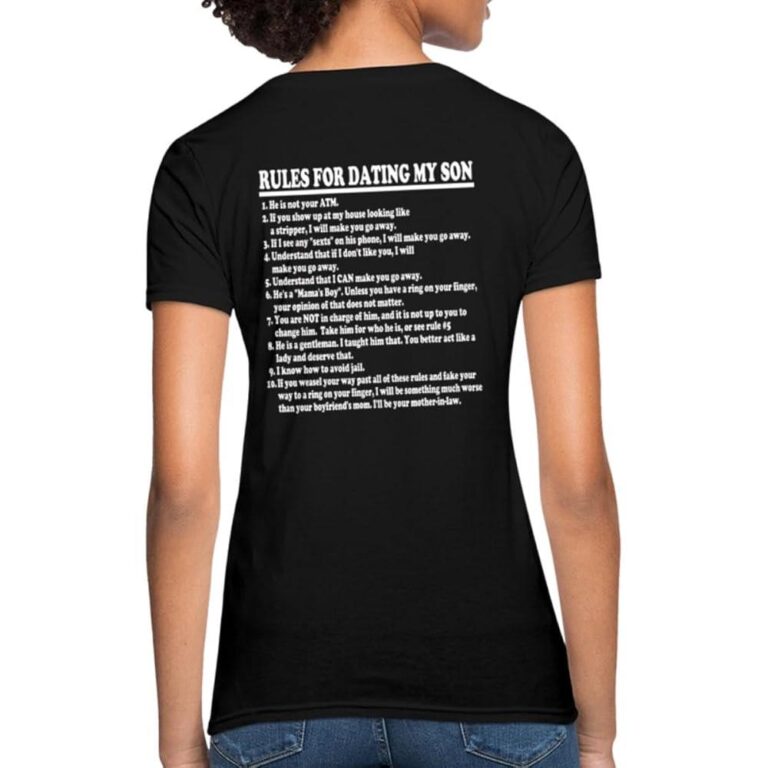In the bustling port city of Marseille, a pressing humanitarian crisis unfolds as unaccompanied migrant children navigate a harsh reality far removed from their hopes and expectations. Human Rights Watch’s latest report, titled “Not the France I Imagined,” casts a stark spotlight on the challenges these vulnerable youths face—challenges rooted in inadequate housing, limited access to healthcare, and disrupted education. As France grapples with migration management, this investigation reveals systemic gaps that jeopardize the well-being and future of children who arrive seeking safety and opportunity.
Challenges Facing Unaccompanied Migrant Children in Marseille’s Housing System
Unaccompanied migrant children in Marseille face a labyrinth of systemic barriers within the city’s housing infrastructure. Many find themselves placed in overcrowded reception centers or temporary shelters ill-equipped to address their specific vulnerabilities, exposing them to heightened risks of exploitation and neglect. The scarcity of stable and secure housing options not only jeopardizes their physical safety but also undermines their emotional and psychological well-being, making it difficult to envision a path to integration and self-sufficiency.
Key challenges include:
- Overreliance on emergency accommodations with limited privacy and inadequate support services
- Frequent relocations disrupting continuity in education and access to healthcare
- Bureaucratic delays impeding timely access to social benefits and legal protections
| Housing Issue | Impact | Suggested Reform |
|---|---|---|
| Temporary Shelter Overcrowding | Increased vulnerability and stress | Expand long-term housing solutions |
| Inadequate Legal Support | Delays in asylum claims and integration | Streamline legal assistance access |
| Insufficient Psychological Care | Unaddressed trauma and mental health issues | Invest in specialized counseling services |
Health Barriers Undermining Wellbeing of Migrant Youth
Educational Gaps and the Struggle for Integration in Local Schools
Many unaccompanied migrant children in Marseille face significant barriers when entering the local education system, where gaps in resources and cultural integration hinder their academic progress. Schools often lack the specialized support necessary to address language barriers and trauma-related challenges. As a result, these young migrants struggle to keep pace with their peers, with many encountering repeated setbacks. The insufficient availability of tailored educational programs exacerbates feelings of alienation and reduces their chances of successful integration.
Key obstacles reported by educators and students include:
- Limited access to French language classes adapted for non-native speakers.
- Inadequate psychological support services to address the emotional toll of migration.
- Overcrowded classrooms and insufficient teaching personnel, reducing individualized attention.
- Administrative delays in enrollment, which disrupt continuity in education.
| Challenge | Impact on Migrant Children | Potential Solution |
|---|---|---|
| Language Barriers | Difficulty understanding lessons, low participation | Enhanced language immersion classes |
| Emotional Trauma | Concentration issues, absenteeism | Access to school-based counseling |
| Enrollment Delays | Lack of continuous schooling, increased dropout risk | Streamlined enrollment procedures |
Human Rights Watch Calls for Urgent Policy Changes and Increased Support
Human Rights Watch has spotlighted the alarming gaps in the French government’s approach toward unaccompanied migrant children in Marseille. These vulnerable youths face a scarcity of safe housing options, which severely undermines their well-being and sense of security. The organization urges immediate reforms to ensure that accommodation meets adequate safety and hygiene standards, reflecting a respect for basic human dignity. In parallel, the health needs of these children remain unmet, with limited access to essential medical and psychological care, exacerbating trauma and long-term health risks.
To address these challenges, HRW recommends a multifaceted support system emphasizing:
- Emergency housing facilities with child-friendly environments and trained personnel
- Comprehensive health screening and ongoing mental health services
- Inclusive educational programs designed to foster integration and personal development
- Stronger governmental accountability through transparent monitoring and funding allocation
These measures seek to transform Marseille’s response from reactive to proactive, promoting the rights and futures of these children rather than merely managing a crisis. The ongoing neglect not only risks a generation’s prospects but also challenges France’s commitment to human rights principles.
| Key Area | Current Situation | Recommended Action |
|---|---|---|
| Housing | Overcrowded shelters | Increase capacity; child-specific accommodations |
| Health | Limited access to care | Establish mobile clinics; mental health support |
| Education | Irregular schooling | Inclusive, stable schooling options |
In Conclusion
In sum, the challenges faced by unaccompanied migrant children in Marseille reveal a stark contrast between the ideals of protection and the harsh realities on the ground. Housing shortages, inadequate healthcare, and limited educational opportunities continue to undermine the rights and well-being of some of the city’s most vulnerable residents. As Human Rights Watch’s report underscores, addressing these systemic issues requires urgent action from French authorities and international stakeholders alike. Without comprehensive reforms and sustained support, the France these children encounter will remain far from the promise they—and the world—once imagined.




